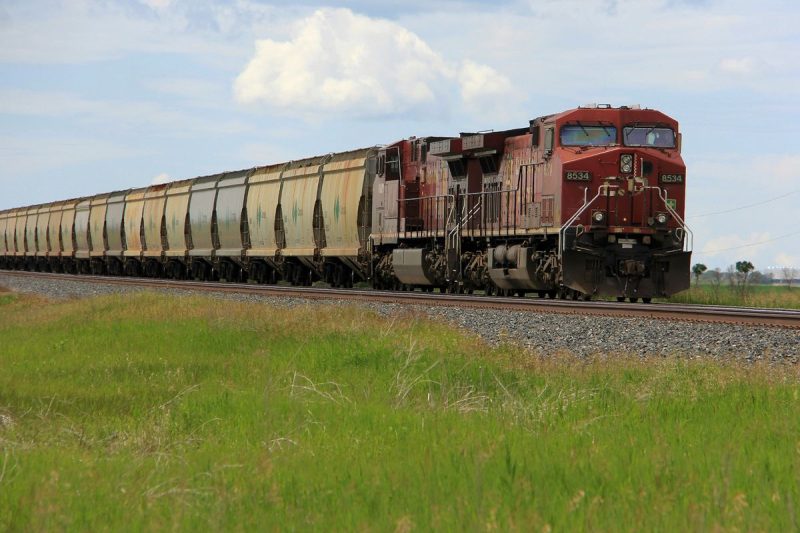Firstly, it’s crucial to understand the correlation between Canadian Rail workers’ lockout and the subsequent halting of substantial shipments such as potash, oil, and metal. The Canadian freight transportation system plays a vital domestic and international role, dynamically linked to the global economy. When elements such as labor-management disputes arise, their implications reverberate across a broad network of economic activities.
Canadian National Railway (CN Rail), the country’s largest rail freight carrier, recently locked out close to 3,000 in-house union employees. This lockout resulted from a labor dispute regarding working conditions, creating a significant impact on the nation’s transport system. As a consequence, shipments of crucial commodities like potash, oil, and metals were halted, adversely affecting both the Canadian and global economy.
Potash, a potassium-containing salt used in fertilizers, is one of Canada’s most significant exports, strategically vital for global food production. A delay in its supply can severely disrupt agricultural activities globally. Canada is the world’s largest potash producer, with Saskatchewan alone accounting for about 30% of global production. Consequently, the interruption in shipments is causing an acute shortage, sending ripples through the international agricultural markets.
Regarding oil, Canada is one of the leading exporters globally. The oil industry highly depends on railways for transportation due to pipeline limitations. With the lockout and subsequent halting of services, oil exports, particularly the heavily traded Western Canada Select, took a hit. This cessation not only disrupts Canada’s revenue stream but also destabilizes global oil prices, creating uncertainty and potentially affecting other energy-dependent industries.
As for metals, Canada is one of the world’s leading mining countries, rich in minerals like nickel, gold, silver, and copper. The rail system’s shutdown affects both the domestic supply of these materials and international exports. Regional industries requiring these minerals, such as manufacturing and construction, find themselves in a potential deadlock due to supply shortages.
The affected commodities contribute significantly to Canada’s GDP, and their halted shipments pose a risk to the nation’s economy. For instance, potash and metals contribute billions to the economy, and oil alone represents about 10% of Canada’s total GDP. The lockout also creates significant challenges for countries and industries dependent on these commodities, globally tracing a detrimental domino effect.
Moreover, these industries employ thousands of individuals, both directly and indirectly. A prolonged shutdown could lead to job losses and reduced pay, contributing to the socio-economic implications of the dispute.
Lastly, while international players brace for the impact, attention turns towards finding temporary solutions. Some companies have already begun seeking alternative transport modes, including trucks and pipelines where feasible. However, these alternatives present their own challenges such as increased costs, reduced capacities, and environmental implications.
In conclusion, the Canadian rail workers’ lockout has resulted in significant halts in potash, oil, and metal shipments. Such a situation profoundly impacts not only the Canadian economy but also resonates internationally. Resolving the labor dispute swiftly thus becomes not just a national but a global priority.




